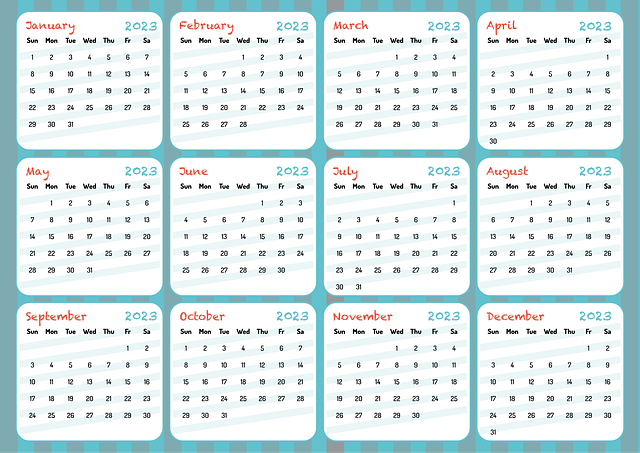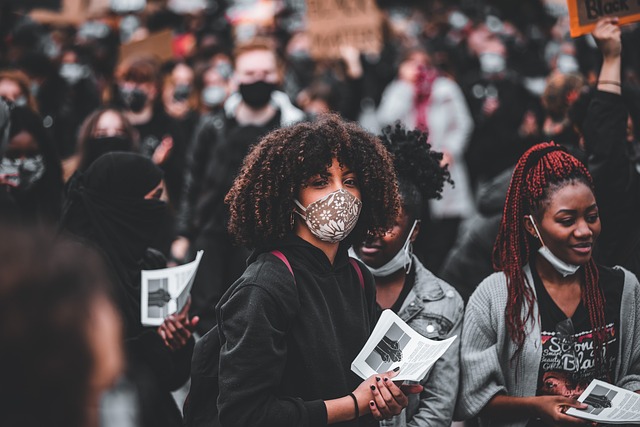Local businesses are leveraging event planning services to boost marketing efforts, utilizing events as powerful engagement tools. Professional event planners offer specialized skills in design, organization, and execution, tailoring their expertise to each client's unique needs. Their comprehensive services include logistical management, vendor coordination, creative design, and marketing support, maintaining the business's brand identity. By enlisting these experts, local businesses can create memorable events that enhance brand awareness and give them a competitive edge in the market. To find suitable event planners for their needs, businesses should explore online resources, social media, industry events, and local networking groups.
Local businesses are increasingly recognizing the value of events in driving engagement and growth. However, finding the right event planners can be challenging. This article delves into the crucial role event planners play in orchestrating successful local business events, highlighting key responsibilities such as logistics management, vendor coordination, and branding integration. We also offer strategic insights for businesses seeking to identify and hire top talent, ensuring memorable and impactful events that align with their goals.
- Understanding the Need for Event Planners by Local Businesses
- Key Roles and Responsibilities of an Event Planner
- Strategies for Local Businesses to Find and Hire Top Event Planners
Understanding the Need for Event Planners by Local Businesses

Local businesses, from restaurants to retail stores, increasingly recognize the value of events in engaging customers and building their brand. However, managing successful events requires specialized skills and knowledge that not all businesses possess. This is where event planners step in, offering crucial expertise in designing, organizing, and executing memorable experiences tailored to each client’s unique needs.
Event planning for local businesses encompasses a wide range of services, from logistical management and vendor coordination to creative design and marketing support. Professional event planners bring an objective perspective, ensuring events run smoothly and effectively while aligning with the brand identity and objectives of the business. Their experience in navigating potential challenges and leveraging opportunities enables them to create impactful events that leave a lasting impression on attendees and contribute significantly to the success of local businesses in today’s competitive market.
Key Roles and Responsibilities of an Event Planner

Event planners play a pivotal role in bringing local businesses’ visions to life through successful and memorable events. Their key roles encompass a wide range of responsibilities, from initial consultation and concept development to on-site execution and post-event evaluation. They serve as strategic partners, understanding each business’s unique needs and goals, and translating them into captivating experiences tailored to engage audiences and drive brand awareness.
These professionals are adept at managing various aspects, including vendor coordination, logistics planning, budget oversight, and marketing strategies. They ensure smooth event flow by overseeing venue selection, decorating arrangements, catering services, entertainment, and technology integrations. Event planners also handle promotion and advertising, leveraging digital marketing techniques to attract attendees, create buzz, and measure event success through analytics.
Strategies for Local Businesses to Find and Hire Top Event Planners

Local businesses looking to host memorable events should not underestimate the value of professional event planning services. To find and hire top-tier planners, businesses can leverage a combination of strategic approaches. Firstly, online searches using keywords like “event planning for local businesses” can yield a wealth of information, including reputable firms’ websites and client testimonials. Social media platforms also offer insights into potential planners’ capabilities through their portfolios and reviews. Networking within the local business community can be another effective strategy; word-of-mouth recommendations from trusted peers carry significant weight.
Additionally, attending industry events or trade shows allows direct interactions with event planners, providing an opportunity to assess their expertise and vision firsthand. Local business associations often serve as valuable resources, offering member directories that list certified planners and organizing networking events specifically tailored for event planning collaborations. By employing these multifaceted strategies, businesses can navigate the landscape of available planners and select a team aligned with their unique event goals and expectations.
Local businesses recognizing the value of professional event planning can greatly enhance their brand visibility and community engagement. By understanding the essential roles and responsibilities of an event planner, they can effectively implement strategies to find and hire top talent. Through strategic partnerships and thoughtful recruitment, local businesses can harness the power of event planning to create memorable experiences, attract new customers, and solidify their position within the community, ultimately driving success in Event Planning for Local Businesses.














